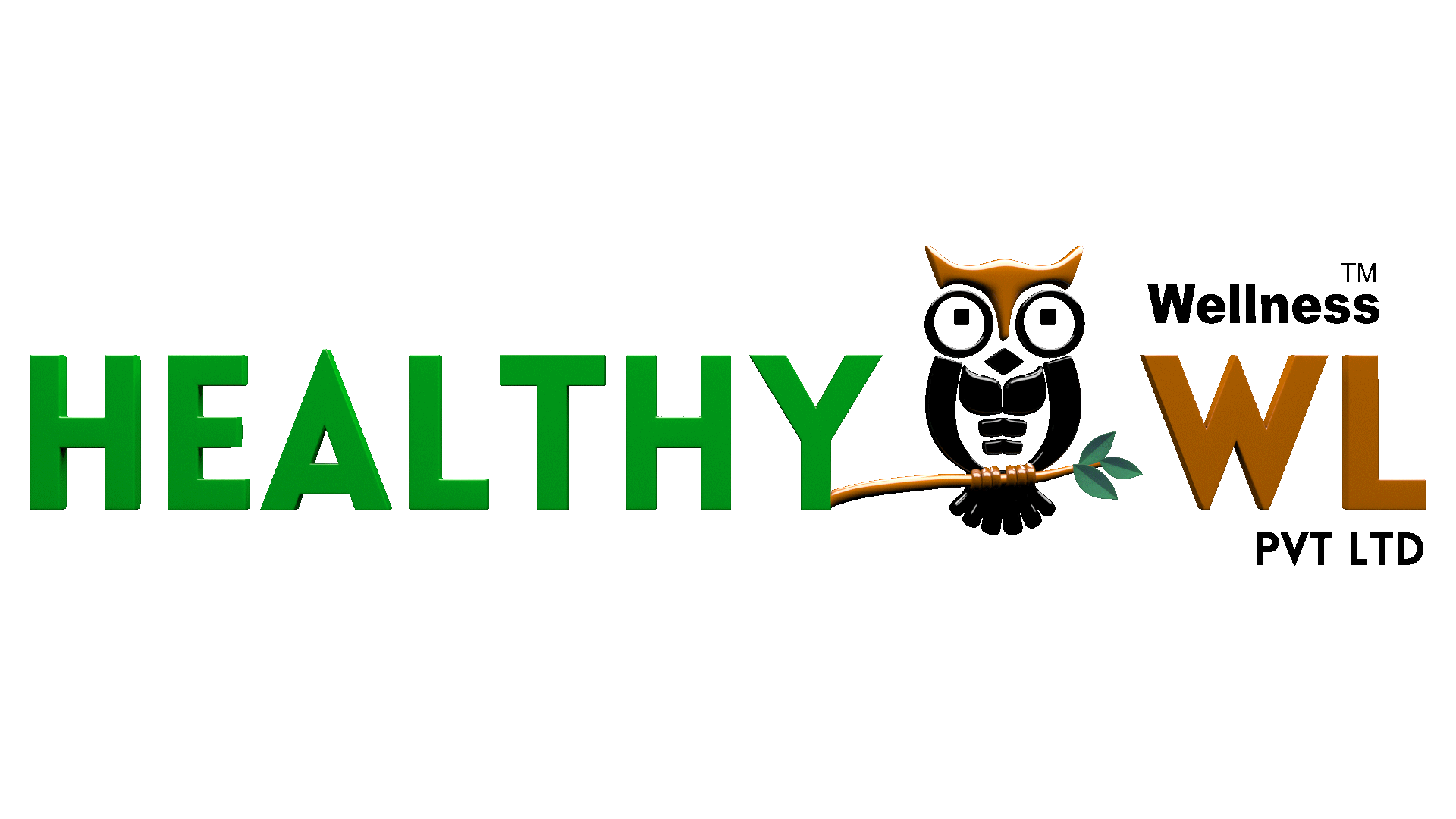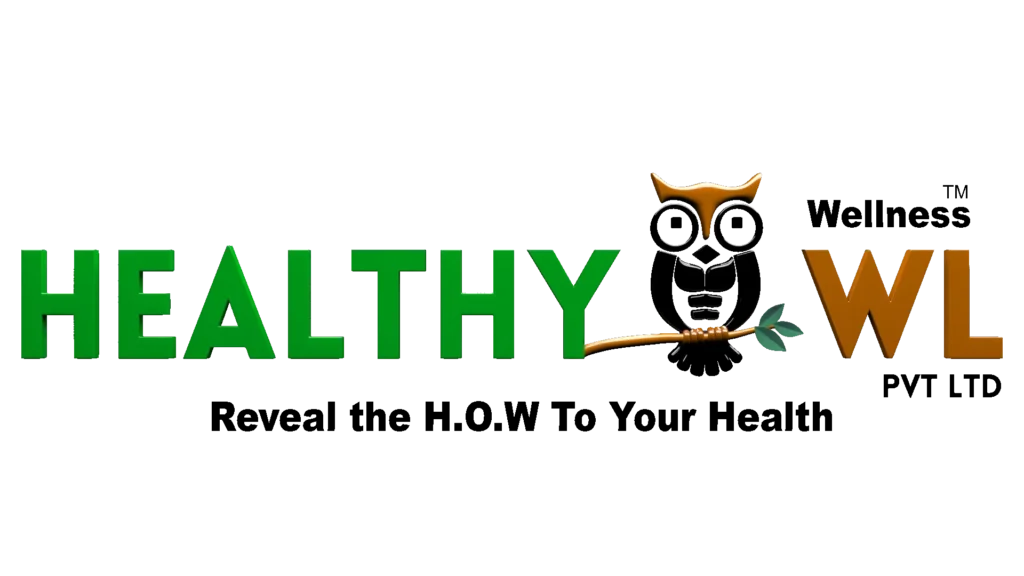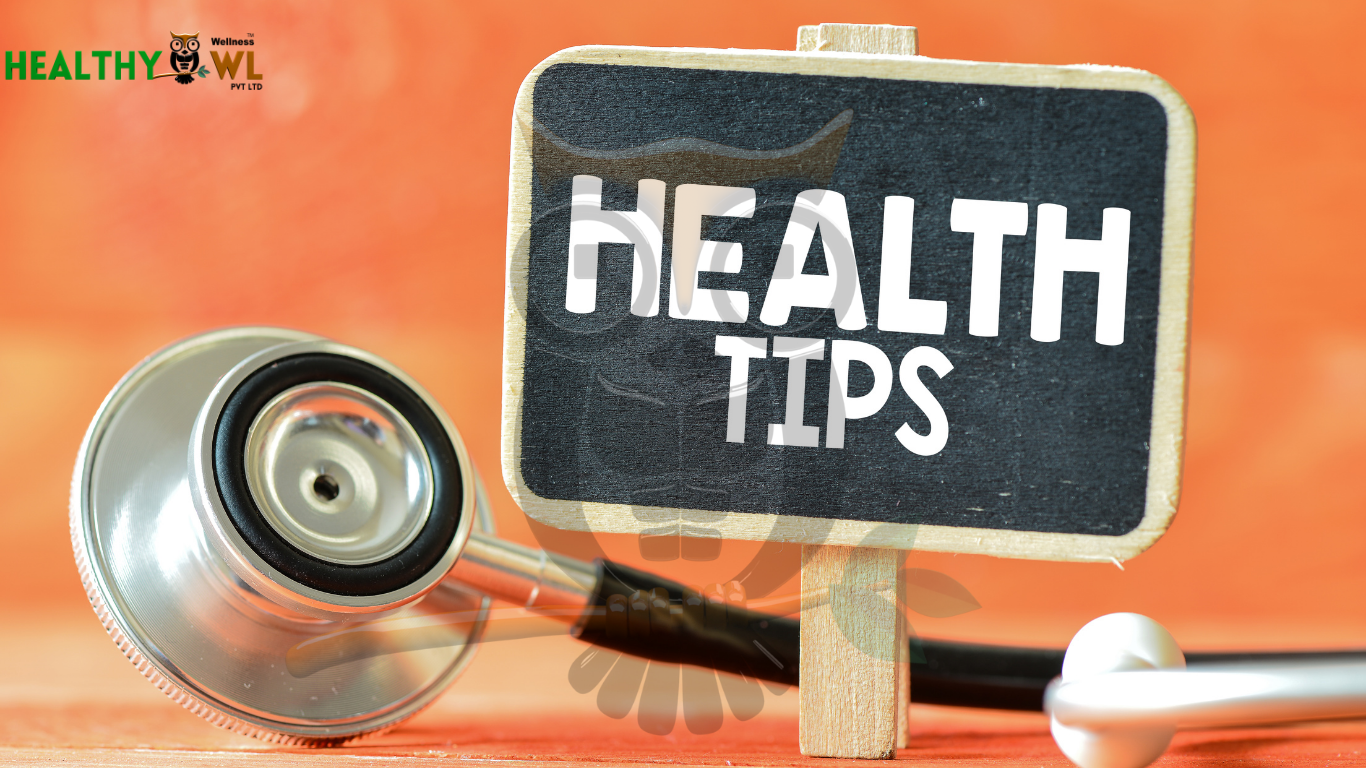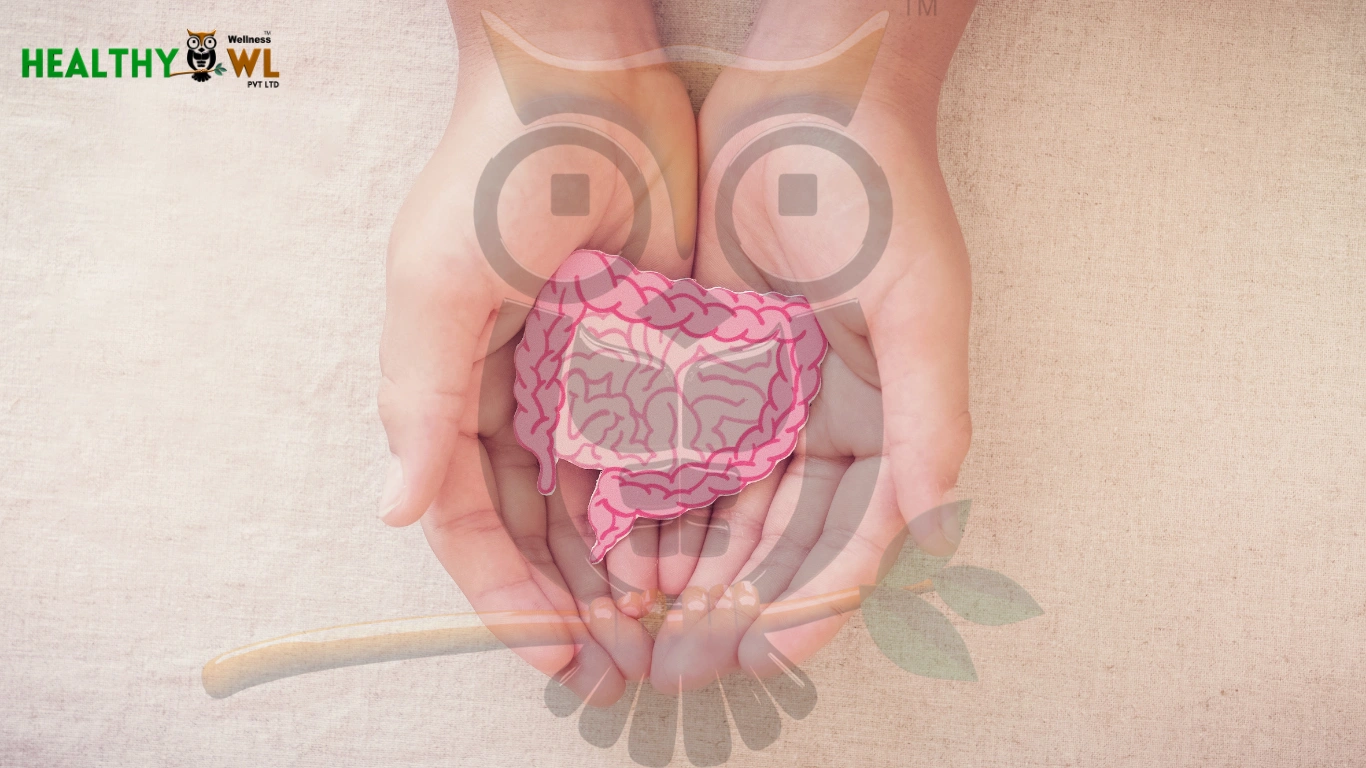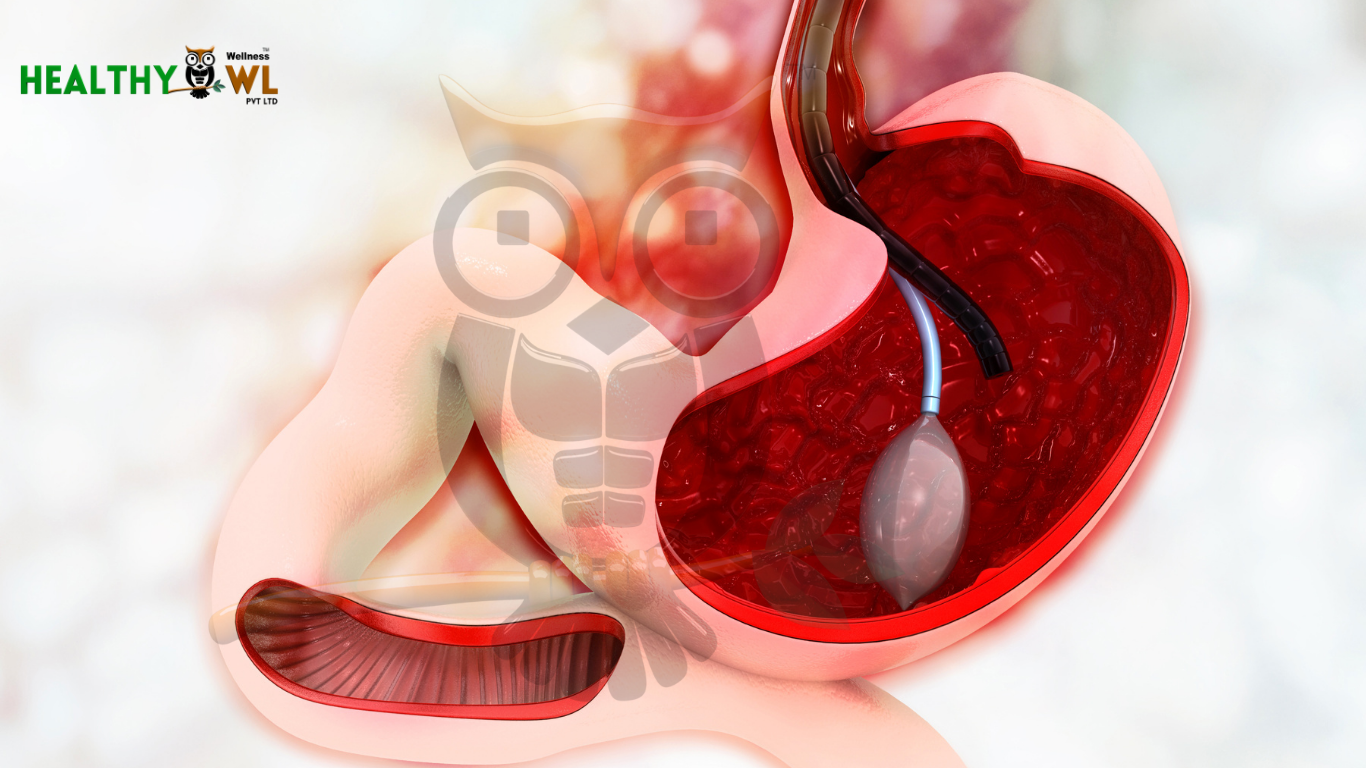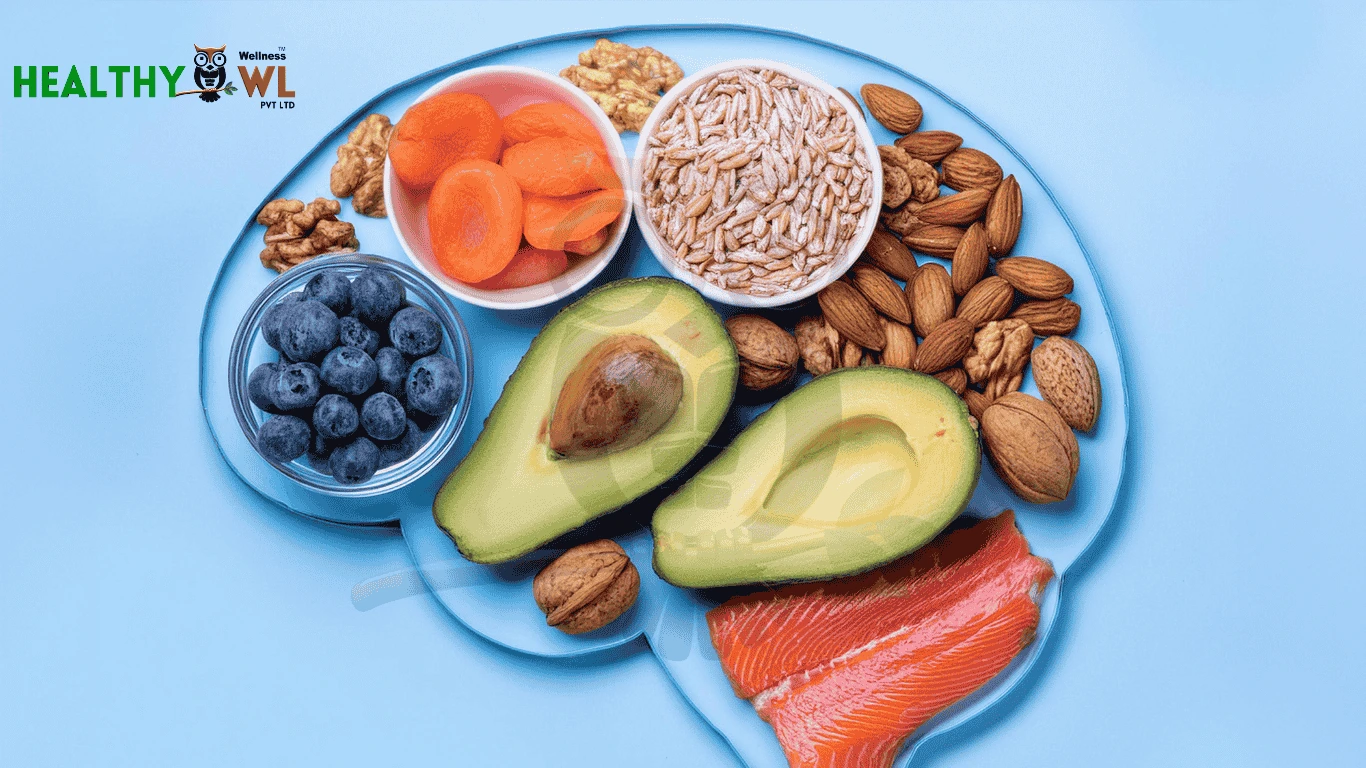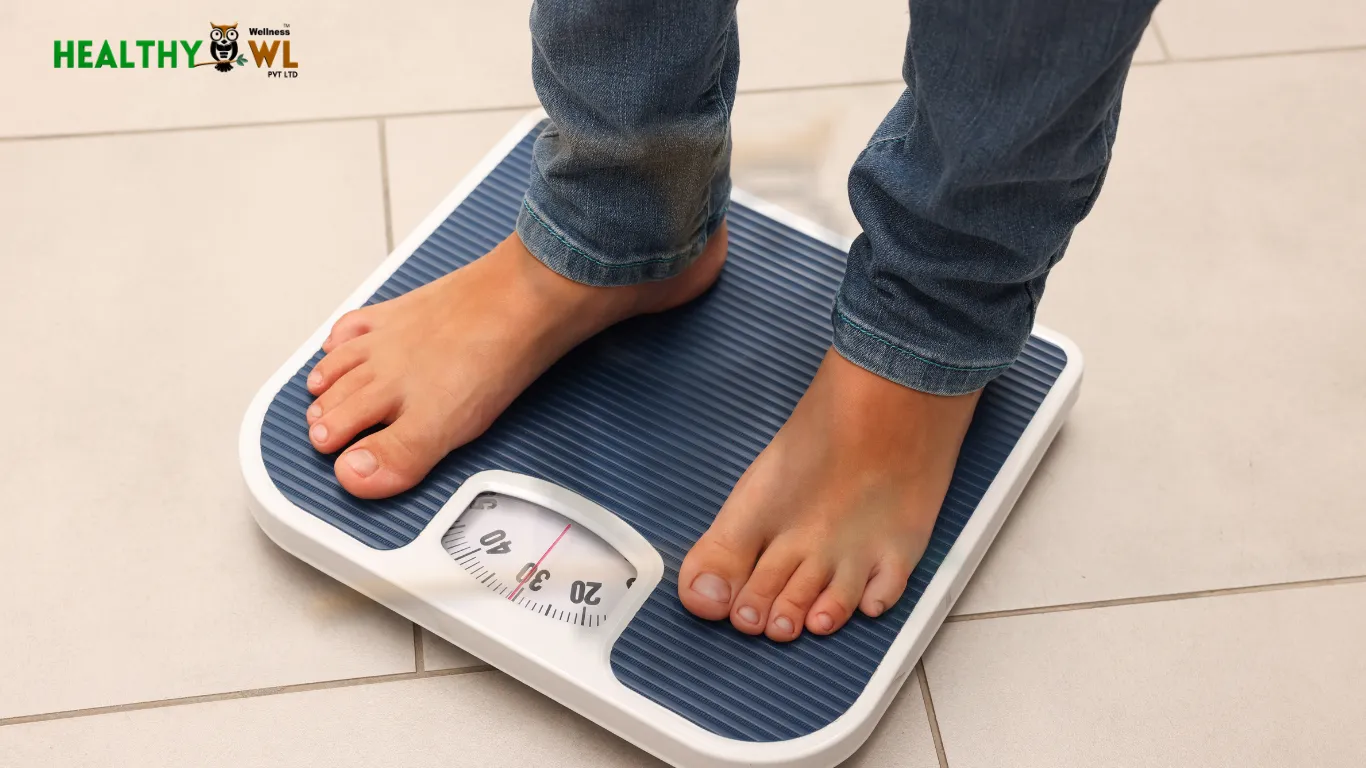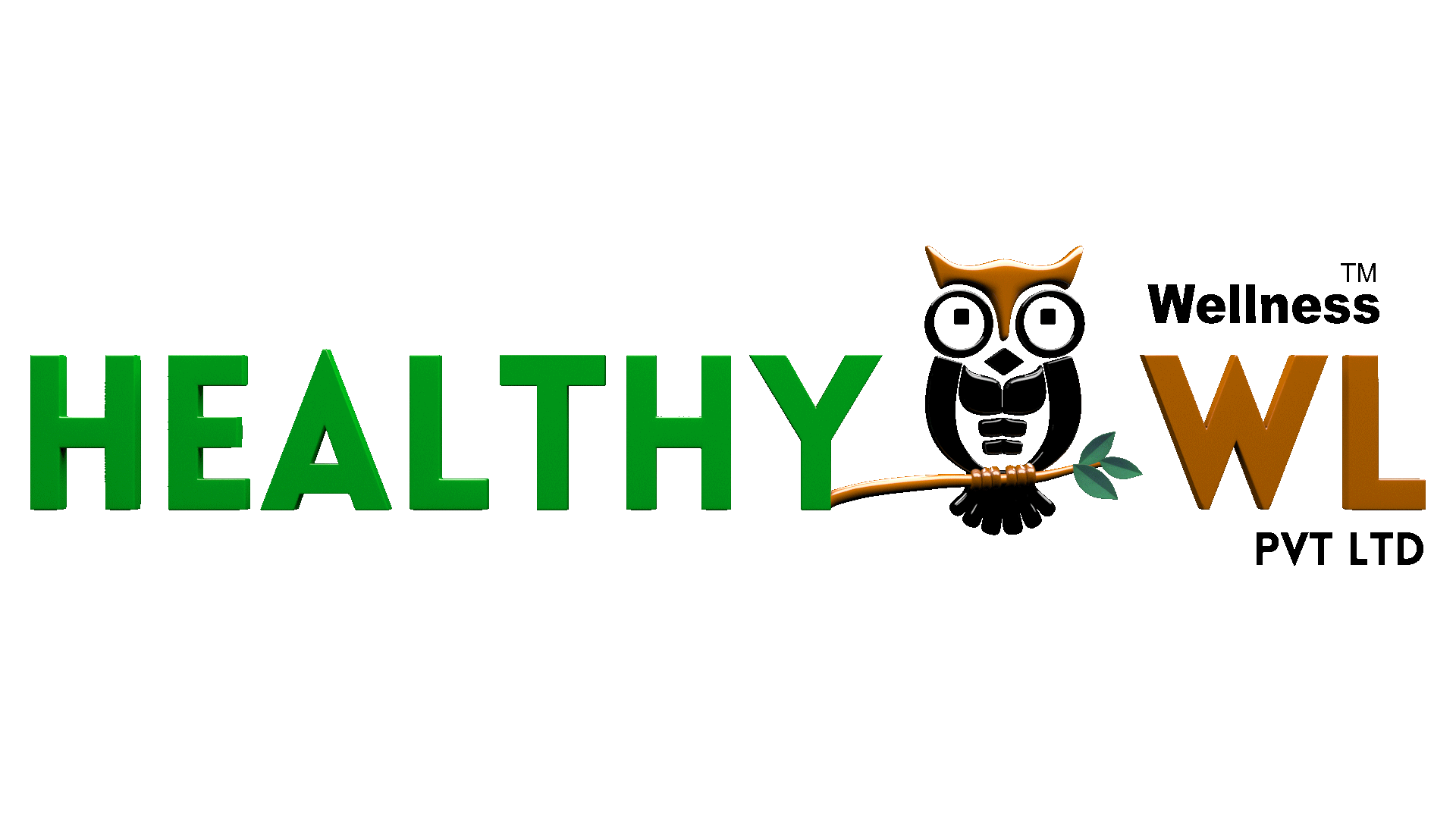The Dark Side of Overdoing Protein: Risks You Need to Know
Protein has become the superstar of modern nutrition. From shakes to snacks, protein is everywhere, marketed as the key to weight loss, muscle gain, and energy. As we highlighted in our blog on the rise of protein in everyday foods, this trend has reshaped how people eat and shop.
But here’s the truth: more protein isn’t always better. In fact, overdoing it can cause kidney strain, digestive problems, weight gain, and nutrient imbalance.
In this article, we’ll explore the dark side of excess protein and how to keep your diet balanced for long-term wellness.
Why Protein Matters – But Balance Is Key
Protein is essential for building muscle, repairing tissues, and keeping you fuller for longer. The average adult needs about 0.8 grams per kilogram of body weight daily, while athletes or highly active individuals may need more.The problem? Many people double or even triple this amount, loading up on powders, bars, and protein-rich processed foods. Instead of boosting health, this can create hidden risks.
For tips on mindful nutrition, explore more insights on our Healthy Owl Wellness blog.
The Risks Of Eating Too Much Protein
1. Kidney Strain
Your kidneys work hard to filter waste from protein metabolism. When you consistently eat more protein than your body needs, it increases the kidney workload, potentially leading to kidney strain or kidney stones, especially in those with pre-existing conditions.
2. Digestive Issues
High-protein diets often come at the cost of fiber-rich foods like fruits, vegetables, and whole grains. This can cause constipation, bloating, and disrupt gut health. A protein-heavy but fiber-poor diet may also weaken immunity over time.
3. Hidden Calories and Weight Gain
Protein bars, shakes, and snacks often contain added sugars, fats, and preservatives. These extra calories can sneak into your diet, stalling weight loss or even causing weight gain despite your “healthy” choices.
4. Nutrient Imbalance
Focusing only on protein may mean neglecting carbohydrates and healthy fats, both essential for brain health, energy, and hormone production. Over time, this imbalance can increase fatigue, poor concentration, and inflammation.
Animal vs. Plant Protein: Which Is Safer In High Amounts?
- Animal proteins (like red meat and processed meats) in excess are linked to heart disease and inflammation.
- Plant proteins (beans, lentils, tofu) are easier on digestion and provide fiber, antioxidants, and lower saturated fat.
Balanced diets that mix both can reduce risks while providing complete nutrition.
Signs You’re Eating Too Much Protein
Wondering if you’re overdoing it? Look out for these warning signs:
- Constant thirst or dehydration
- Digestive discomfort (constipation, bloating)
- Unexplained weight gain
- Bad breath (from ketones in high-protein diets)
If you notice these, it’s time to adjust your intake.
Protein And Gut Health Connection
Protein-only diets often lack prebiotic fiber, which feeds good gut bacteria. Over time, this imbalance may cause digestive issues and reduced immunity. A thriving gut requires fiber from fruits, veggies, and whole grains—not just protein shakes.
Protein Timing and Distribution: Why When You Eat Matters
Research from 2024 in Frontiers in Nutrition suggests that distributing protein evenly across meals (around 20–30 grams per meal) is more effective for muscle repair, metabolism, and overall health than loading up on protein at dinner or after workouts alone.
This means a balanced approach, protein at breakfast, lunch, and dinner is far better for long-term wellness than overloading on supplements in one sitting. By timing intake properly, you not only reduce the risks of overdoing protein but also support gut health, energy balance, and recovery.
Lifestyle and Activity Levels: Why One Size Doesn’t Fit All
Your protein needs depend on your activity level, age, and health status.
- Sedentary individuals: 0.8 g/kg is enough
- Active adults: 1.2–1.6 g/kg
- Athletes or bodybuilders: 1.6–2.0 g/kg (short-term, monitored)
The mistake? Many sedentary people consume athlete-level protein without needing it.
How To Balance Protein Intake For Long-Term Health
A balanced plate should include all macronutrients:
- Protein: Lean meats, fish, eggs, dairy, beans, lentils, tofu
- Carbohydrates: Whole grains, fruits, starchy vegetables for energy
- Healthy fats: Nuts, seeds, avocado, olive oil for brain & heart health
- Fiber: Essential for digestion and gut health
Want more balance-focused diet tips? Explore our resources at Healthy Owl Wellness.
Practical Tips To Avoid Overdoing Protein
- Stick to recommended 0.8–1.6 g/kg of body weight
- Include both plant and animal proteins
- Don’t skip carbs and fats—your body needs them for energy and hormones
- Choose whole foods over processed protein snacks
- Always read nutrition labels for hidden sugars and calories
FAQs About Protein Overconsumption
1. Is too much protein bad for your kidneys?
Yes, consistently eating excess protein may increase kidney strain, especially in people with existing kidney problems. Healthy individuals may tolerate higher intake short-term, but moderation is key.
2. How much protein is safe per day?
For most adults, 0.8–1.6 grams per kilogram of body weight is safe. Athletes may go up to 2 g/kg under professional guidance.
3. Can too much protein cause weight gain?
Yes. Extra protein still contains calories. Protein bars and shakes often have added sugars and fats, which can contribute to hidden calories and weight gain.
4. What are the signs of eating too much protein?
Common signs include constipation, bad breath, dehydration, digestive discomfort, and weight gain.
5. Should I avoid protein supplements?
Not necessarily. Supplements can be useful for athletes or those struggling to meet protein needs through food. But they should not replace balanced meals with carbs, fats, and fiber.
6. Which is better: plant protein or animal protein?
Both have benefits. Plant proteins offer fiber and antioxidants, while animal proteins provide complete amino acids. A mix of both ensures balance
Final Thoughts
Protein is vital, but it’s not a magic bullet. Overdoing it can silently lead to kidney strain, digestive problems, hidden calories, and nutrient imbalance.
Instead of chasing high numbers, focus on balance and variety, combining protein with carbs, fats, and fiber for optimal energy, gut health, and long-term well-being.
Reference:
- Harvard T.H. Chan School of Public Health – Protein and Health
- National Kidney Foundation – Protein and Kidney Health
- Frontiers in Nutrition, 2024
